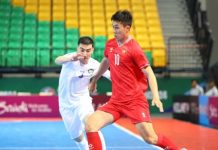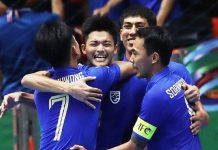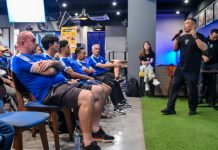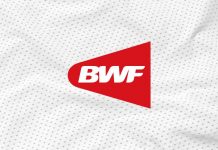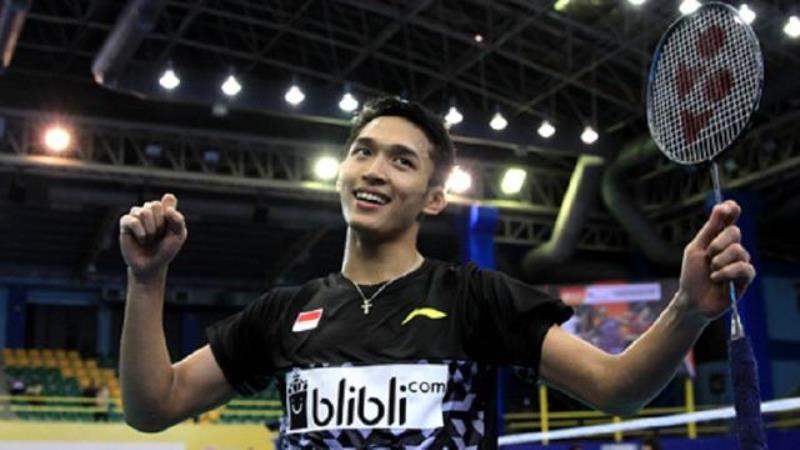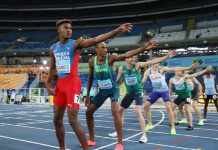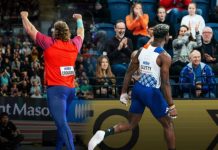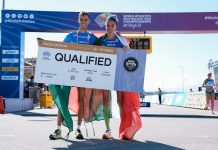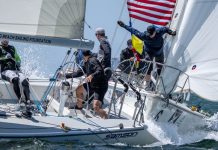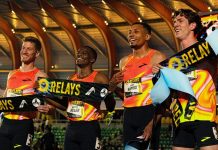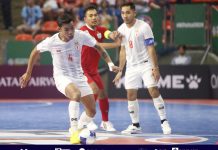 World cycling‘s governing body, the UCI, on Friday announced a number of measures to reinforce its anti-doping drive.
World cycling‘s governing body, the UCI, on Friday announced a number of measures to reinforce its anti-doping drive.
The announcement comes in the wake of an independent commission’s accusations on Monday that leading figures in the UCI protected Lance Armstrong and other drug cheats to protect the sport’s reputation.
The Cycling Independent Reform Commission (CIRC) also said doping remains widespread and called on the International Cycling Union (UCI) to implement widespread changes.
“I am absolutely determined to use the CIRC’s report to ensure that cycling continues the process of fully regaining the trust of fans, broadcasters and all the riders who compete clean,” said UCI President Brian Cookson.
The Englishman said an internal task force would be established to ensure a raft of recommendations are followed up.
These included, Cookson said, insisting that key roles in teams, such as sports directors and doctors, were filled by people fulfilling a “fit-and-proper-persons requirement”.
UCI will work with the World Anti-Doping Agency (WADA) and other experts “to analyse new substances and trends, to assess what should be added to the prohibited or monitored lists”
There will also be a commitment to work with WADA to “improve the speed of athlete biological passport cases”.
Other recommendations included a more targeted approach to anti-doping, closer collaboration with National Anti-Doping Agencies (NADOs), the re-launch of the whistleblower programme and the order of night-time testing where it is believed “necessary and proportionate”.
The developments helped “show the absolute commitment I and my UCI colleagues have to ensure riders win clean and that the minority who choose to cheat are caught and face severe sanctions after fair and fast disciplinary proceedings in full respect of due process,” Cookson said.
“They also demonstrate that the UCI is now a very different organisation compared to even a few years ago and that we make sure lessons are learnt and mistakes not repeated.
“As I predicted, the CIRC report made for uncomfortable reading but it is imperative that we do not shy away from tough decisions. We will continue to focus on rebuilding trust in our great sport that touches the lives of millions of people across the world, and I appeal to everyone in the sport to take their responsibilities at this pivotal moment.”
CIRC was set up following allegations of corruption to cover up Armstrong’s drug failures, and was particularly damning of past presidents Hein Verbruggen and Pat McQuaid.
Armstrong, who defeated cancer to go on and win seven straight Tour de France races from 1999 to 2005, was stripped of his titles in 2012 and banned from the sport for life. The fallen US cycling hero, 43, now admits to having taken banned substances. – Agence France-Presse




